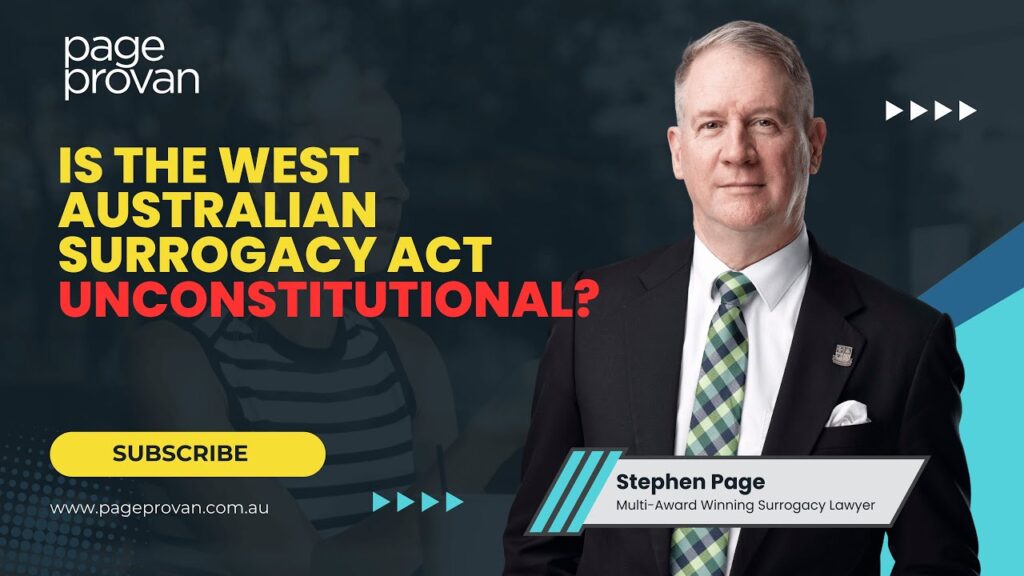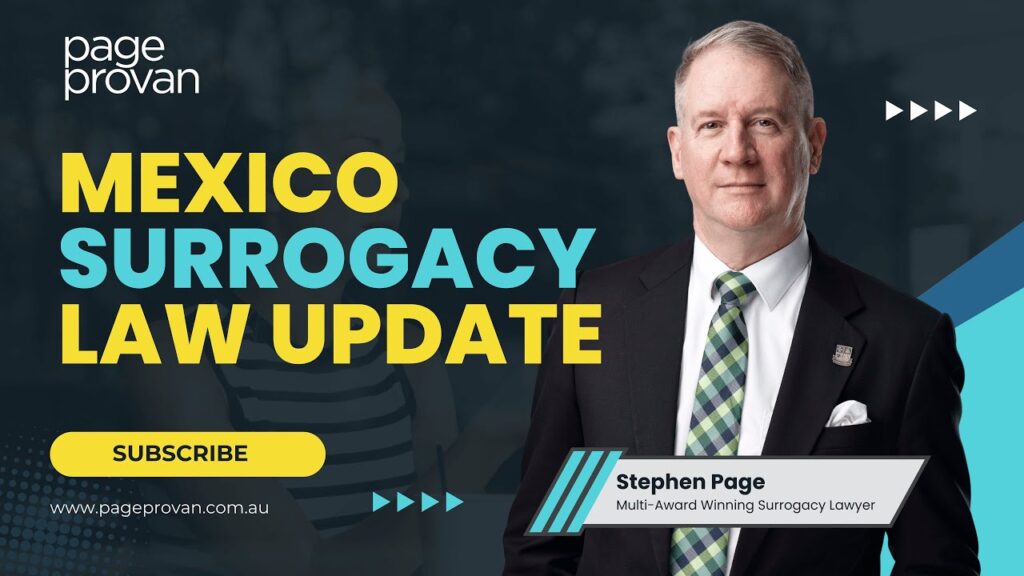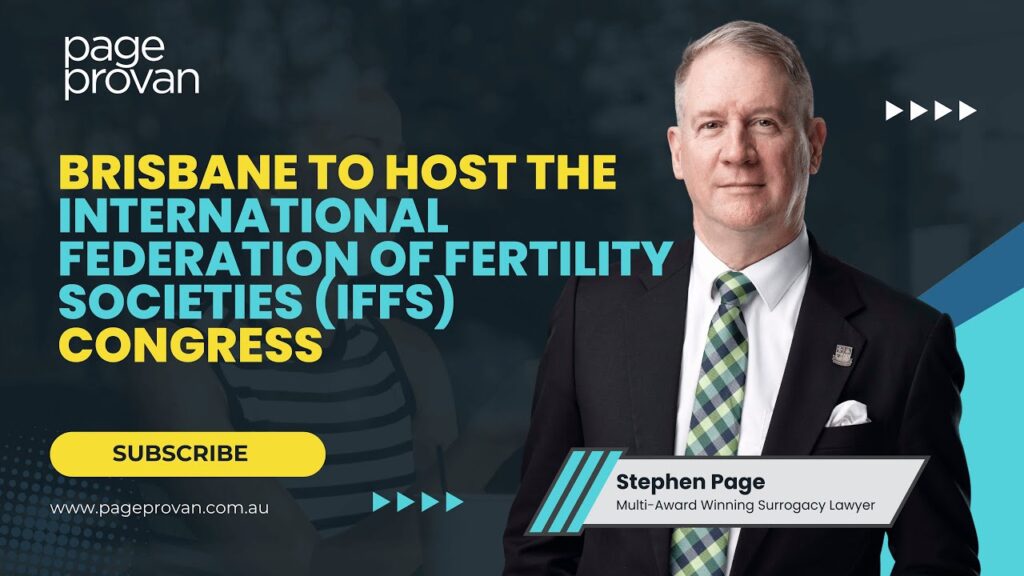This morning our time a federal judge in Oklahoma has followed the lead of a colleague in Utah and disallowed the ban on gay marriage. In the words of an American colleague of mine to me: “Hell has frozen over.” Oklahoma is after all in the Bible belt.
The outcome has been stayed pending the outcome of the Utah case, which has also been stayed, or frozen.
US District Court Judge Terence Kern held that:
“This Order addresses challenges to state and federal laws relating to same-sex marriage. The Court holds that Oklahoma’s constitutional amendment limiting marriage to opposite-sex couples violates the Equal Protection Clause of the Fourteenth Amendment to the U.S. Constitution.”
His Honour went on to say:
“The Court recognizes that moral disapproval often stems from deeply held religious
convictions.
However, moral disapproval of homosexuals as a class, or same-sex
marriage as a practice, is not a permissible justification for a law.”
Plaintiffs Susan Barton and Gay Phillips have resided in Oklahoma for over fifty years and currently own a home in Tulsa, Oklahoma. They also own Barton, Phillips, and Associates, Inc.,
a company that provides training to agencies serving homeless teens. Ms. Phillips has a doctorate degree in sociology, and Ms. Barton is an adjunct professor at Tulsa Community College, where she teaches courses on “Building Relationships” and “Teaching Discipline.” The Barton couple has been in a continuous, committed relationship since November 1, 1984. They were united in a Vermont civil union in 2001 and were married in Canada on May 16, 2005. On November 1, 2008, prior to filing their Amended Complaint, they were issued a marriage license by the State of
California and married under California law.
Plaintiffs Mary Bishop and Sharon Baldwin have resided in Oklahoma throughout their lives and own a home in Broken Arrow, Oklahoma. They also jointly own a 1.3-acre lot in Osage
County, Oklahoma. Ms. Bishop is an assistant editor at the Tulsa World newspaper, and Ms. Baldwin is a city slot editor at the Tulsa World. The Bishop couple has been in a continuous,
committed relationship for over fifteen years and exchanged vows in a commitment ceremony in Florida in 2000. On February 13, 2009, the Bishop couple sought the issuance of a marriage license from Sally Smith, the local court clerk in Tulsa. Smith refused them a marriage license based upon their status as a same-sex couple.
The two couples challenged Oklahoma and Federal laws as being unconstitutional. They were successful (at least at this stage).
Judge Kern stated:
“The Supreme Court [ in the recent case of Windsor] repeatedly used the disclaimer
“subject to constitutional guarantees.” See id. (citing Loving v. Virginia, 388 U.S. 1 (1967)
(holding that Virginia’s prohibition of interracial marriage violated equal protection and substantive
due rights)). A citation to Loving is a disclaimer of enormous proportion. Arguably, the “state rights” portion of the Windsor decision stands for the unremarkable proposition that a state has
broad authority to regulate marriage, so long as it does not violate its citizens’ federal constitutional rights. New York had expanded its citizens’ rights, and there was no possible constitutional deprivation in play.
This Court has gleaned and will apply two principles from Windsor. First, a state law
defining marriage is not an “unusual deviation” from the state/federal balance, such that its mere existence provides “strong evidence” of improper purpose. A state definition must be approached differently, and with more caution, than the Supreme Court approached DOMA. Second, courts
reviewing marriage regulations, by either
the state or federal government, must be wary of whether
“defending” traditional marriage is a guise for impermissible discrimination against same-sex
couples. These two principles are not contradictory, but they happen to help different sides of the same-sex marriage debate.”
His Honour stated:
“Permitting same-sex couples to receive a marriage license does not harm, erode, or somehow water-down the “procreative” origins of the marriage institution, any more than marriages of couples who cannot “naturally procreate” or do not ever wish to “naturally procreate.” Marriage is incentivized for naturally procreative couples to precisely the same extent regardless of whether
same-sex couples (or other non-procreative couples) are included.“; and
“(“The ‘marriage is procreation’ argument singles out the
one unbridgeable difference between same-sex and opposite-sex couples, and transforms that difference into the essence of legal marriage.”). This asserted justification also “makes no sense” because a same-sex couple’s inability to “naturally procreate” is not a biological distinction of
critical importance, in relation to the articulated goal of avoiding children being born out of wedlock. The reality is that same-sex couples, while not able to “naturally procreate,” can and do
have children by other means….
“The “carrot” of marriage is equally attractive to procreative
and non-procreative couples, is extended to most non-procreative couples, but is withheld from just one type of non-procreative couple. Same-sex couples are being subjected to a “naturally procreative” requirement to which no other Oklahoma citizens are subjected, including the infertile,
the elderly, and those who simply do not wish to ever procreate. Rationality review has a limit, and this well exceeds it.”
His Honour then debunked the
“every child deserves a mother and a father” as
was heard in Queensland heard loud and clear in 2012’s surrogacy controversy, and instead it was in the interests of children to recognise same sex marriages:
“The Court assumes, for purposes of this motion for summary judgment only, that (1) the “ideal” environment for children must include opposite-sex, married, biological parents, and (2) that
“promoting” this ideal is a legitimate state interest.
Again, however, the question remains whether
exclusion of same-sex couples promotes this interest, or is simply a guise for singling out same-sex couples for different treatment due to “moral disapproval” of a same-sex household with children.
[It was] not articulated, and the Court cannot discern, a single way that excluding same-sex couples from marriage will “promote” this “ideal” child-rearing environment. Exclusion from marriage does not make it more likely that a same-sex couple desiring children, or already raising
children together, will change course and marry an opposite-sex partner (thereby providing the
“ideal” child-rearing environment)….
It is more likely that any potential or
existing child will be raised by the same-sex couple without any state-provided marital benefits and without being able to “understand the integrity and closeness of their own family and its concord
with other families in their community.” “
And the obvious killer point to the every child deserves a mother and a father:
“Whether they are “designed to” or not, common sense
dictates that many opposite-sex couples never actually do provide this optimal child-rearing environment, due to drug use, abuse, or, more commonly, divorce.”
And the hoary chestnut of preserving the sanctity of marriage by denying the ability of same sex couples to marry was also skewered:
“[The State official] does not ask a couple if they intend to be faithful to one another, if they intend to procreate, or if they would someday consider divorce, thereby potentially leaving their child to be raised in a single-parent home. With respect to marriage licenses, the State has already opened the courthouse doors to opposite-sex couples without any moral, procreative, parenting, or fidelity requirements. Exclusion of just one class of citizens from receiving a marriage license based upon the perceived “threat” they pose to the marital institution is, at bottom, an arbitrary exclusion based upon the majority’s disapproval of the defined class. It is also insulting to same-sex couples, who are human beings capable of forming
loving, committed, enduring relationships.”












